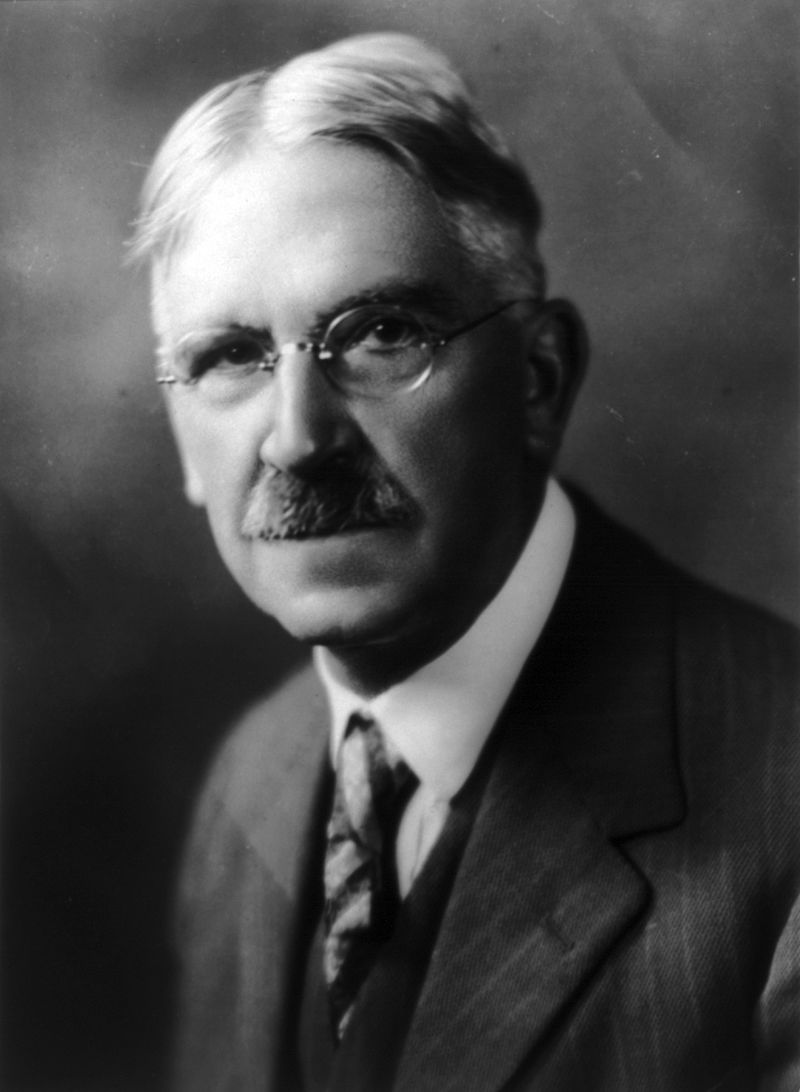Difference Between Idealism and Naturalism
Table of Contents
Key Difference – Idealism vs Naturalism
Idealism and Naturalism are two branches of philosophy between which a key difference can be identified. Before identifying the difference, first let us define the idealism and naturalism. Idealism is an approach to philosophy in which the reality is believed to be mentally constructed. Naturalism is an approach to philosophy that highlights the governance of the world through natural forces. The key difference between idealism and naturalism is that while idealism focuses on a mentally constructed state of entities, naturalism focuses on the existing reality of entities that are governed by natural forces. This article will clarify the difference and provide a clearer idea of the two philosophies.
What is Idealism?
Idealism can be considered as an approach to philosophy in which the reality is believed to be mentally constructed in opposition to what truly exists. This highlights that for the idealist what is most significant is not the real version of a particular entity but the mentally constructed version of it. This is why idealists emphasize on how it should be in contrast to how it is. Idealists focus on concepts, ideas, beliefs, and values. One of the key beliefs of idealists is that the mind is at the center of all entities.
Immanuel Kant, Arthur Schopenhauer, G. W. F. Hegel, James Jeans, Johann Fichte, George Berkeley, Fredrich Schelling are some of the famous idealists. Even within idealism, there are many sub categories such as classical idealism, objective idealism, subjective idealism, metaphysical idealism, epistemological idealism, absolute idealism, practical idealism, actual idealism, etc. The influence of idealism can be seen in many disciplines. For example, in education idealism can be seen in the learning process as teachers educate the children on various concepts that are believed to be universal.

Immanuel Kant
What is Naturalism?
Naturalism is another approach to philosophy that highlights the governance of the world through natural forces. Naturalists believe that the changes of the world are a result of the interplay of these forces. They reject the idea that the world is governed by supernatural forces. One of the main differences between idealism and naturalism is that while naturalism focuses more on the material, idealism focuses on the immaterial.
Naturalists believe that the scientific methodology should be used to comprehend and investigate reality. Some of the key figures are Roy Sellars, John Dewey, Sidney Hook, Paul de Vries, Robert T. Pennock and Ernest Nagel. There are many branches of naturalism such as methodological naturalism, metaphysical naturalism, humanistic naturalism, ethical naturalism and sociological naturalism.

John Dewey
What is the difference between Idealism and Naturalism?
Definitions of Idealism and Naturalism:
Idealism: Idealism is an approach to philosophy in which the reality is believed to be mentally constructed.
Naturalism: Naturalism is an approach to philosophy that highlights the governance of the world through natural forces.
Characteristics Idealism and Naturalism:
Key figures:
Idealism: Immanuel Kant, Arthur Schopenhauer, G. W. F. Hegel, James Jeans, Johann Fichte, George Berkeley, Fredrich Schelling are some of the famous idealists.
Naturalism: Some of the key figures are Roy Sellars, John Dewey, Sidney Hook, Paul de Vries, Robert T. Pennock and Ernest Nagel.
Entities:
Idealism: Idealism focuses on the idealistic state of entities. This denotes that idealists were more concerned about how entities should be rather than how they are.
Naturalism: Naturalism focuses on the reality of entities.
Branches:
Idealism: Classical idealism, objective idealism, subjective idealism, metaphysical idealism, epistemological idealism, absolute idealism, practical idealism and actual idealism are some branches of idealism.
Naturalism: Methodological naturalism, metaphysical naturalism, humanistic naturalism, ethical naturalism and sociological naturalism are some branches of naturalism.
Image Courtesy:
1. “Immanuel Kant (painted portrait)” by unspecified [Public Domain] via Commons
2. “John Dewey cph.3a51565” by Underwood & Underwood [Public Domain] via Commons
ncG1vNJzZmivp6x7pbXFn5yrnZ6YsqOx07CcnqZemLyue8OinZ%2Bdopq7pLGMm5ytr5Wau261w56YpaGjonqiusNmraxlnpbBtr7ApaCspV8%3D